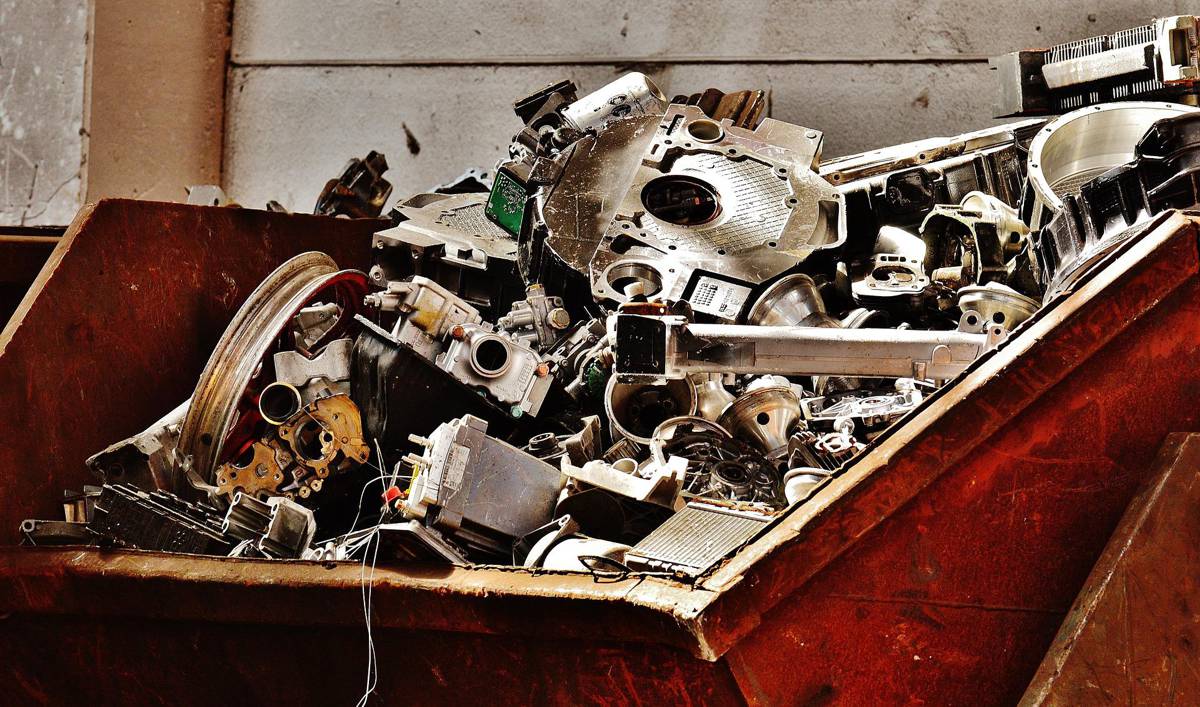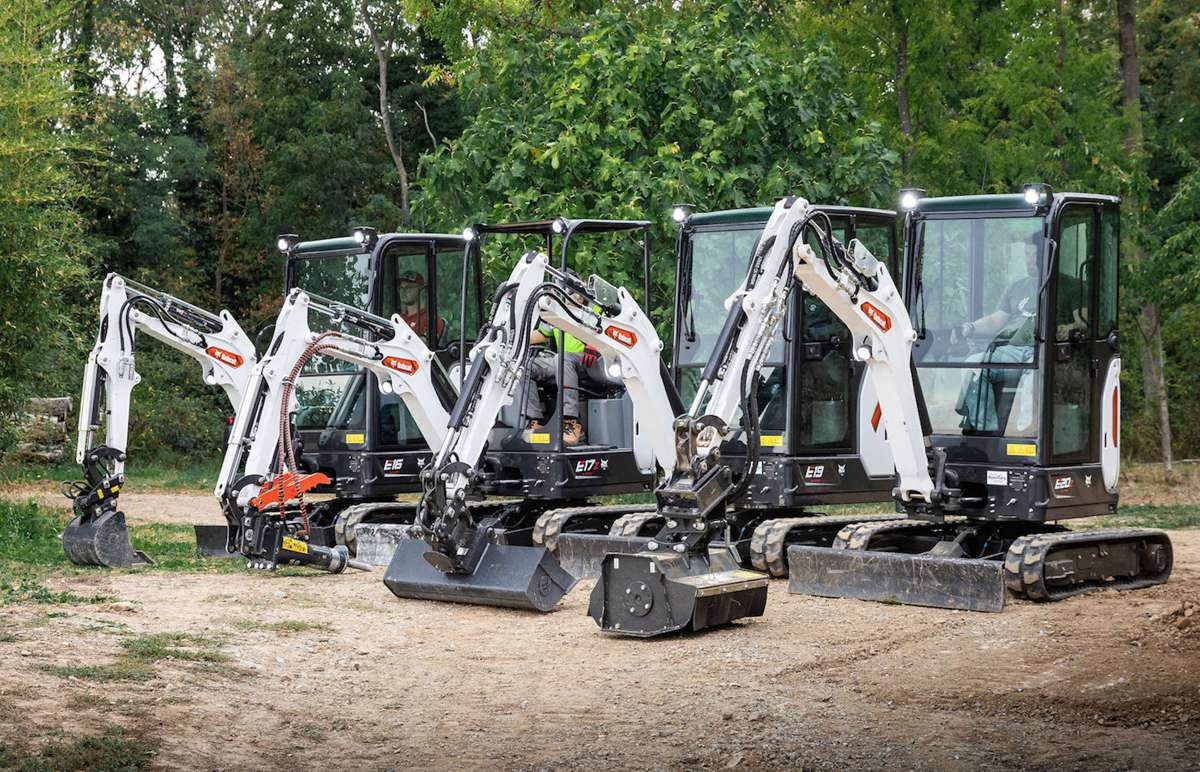How to Dispose of Car Accessories
If your car is nearing the end of its life, then you might be tempted to simply take it to a scrap yard and invest in something new. If you’re concerned about minimising waste, however, it’s usually a good idea to harvest the vehicle for key components and materials, and either resell or recycle them. This way, you’ll be able to lessen the burden on the planet.
5 Car Parts you can Recycle
So, which parts of a car can actually be recycled? Let’s take a look.
Glass
The glass in your car’s windscreen and windows can be easily broken down and made into new glass products. During recycling, the glass is crushed into tiny fragments, and separated from the plastic component. The resulting dust can be used to make bottles, fibreglass, carpets, and windscreens.
Scrap Metal
Your car contains many sizeable metal parts, many of which can be melted down. These metals tend to be infinitely recyclable – even if the process can be energy-intensive. The dealer you’re selling to needs a Scrap Metal Dealer’s Licence, and you need a photo ID. It’s illegal to pay in cash for scrap metal under the Scrap Metal Dealers Act 2013. You can report any attempt to do this anonymously. The rules are there to make it more difficult for stolen scrap to be moved on.
Tyres
If your tyres haven’t worn down, then they might still be worth something. In most cases, however, they can be recycled. Tyres are usually shredded into tiny fragments and used to bulk out things like road surfaces.
It’s easy to pick up tyres online, which makes the case for regular replacements difficult to resist. You can keep a spare in the boot, or on the rear of the vehicle.
Batteries
Batteries are filled with hazardous waste, and should be disposed of in the right way. In many cases, you’ll find that when you go to buy a replacement battery, the vendor will offer to dispose of the old one for you. If not, you can use the government website to track down a local hazardous waste disposal service.
Oil Filter
It’s sensible to change your oil filter whenever you change your engine oil. If you don’t, the oil in the old filter will travel directly into your engine. Replacements are very inexpensive, which means that if you’re running the car properly, you’ll be getting through a lot of them. That makes it more important than ever to recycle to the old filter.
You can easily remove the filter yourself, which makes this a DIY job. Recycle your old filter and extend the effective lifespan of your car for as long as possible.





























